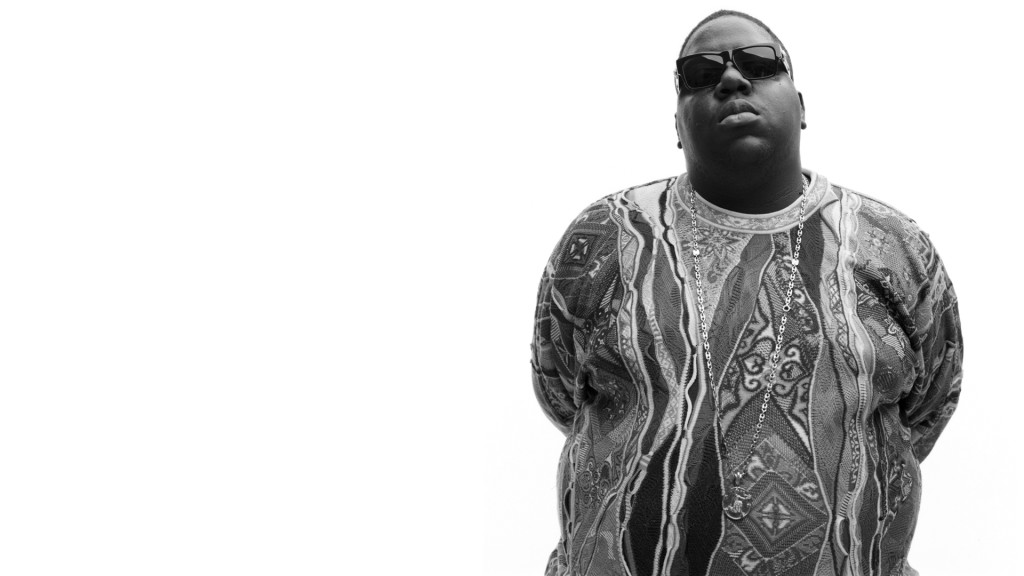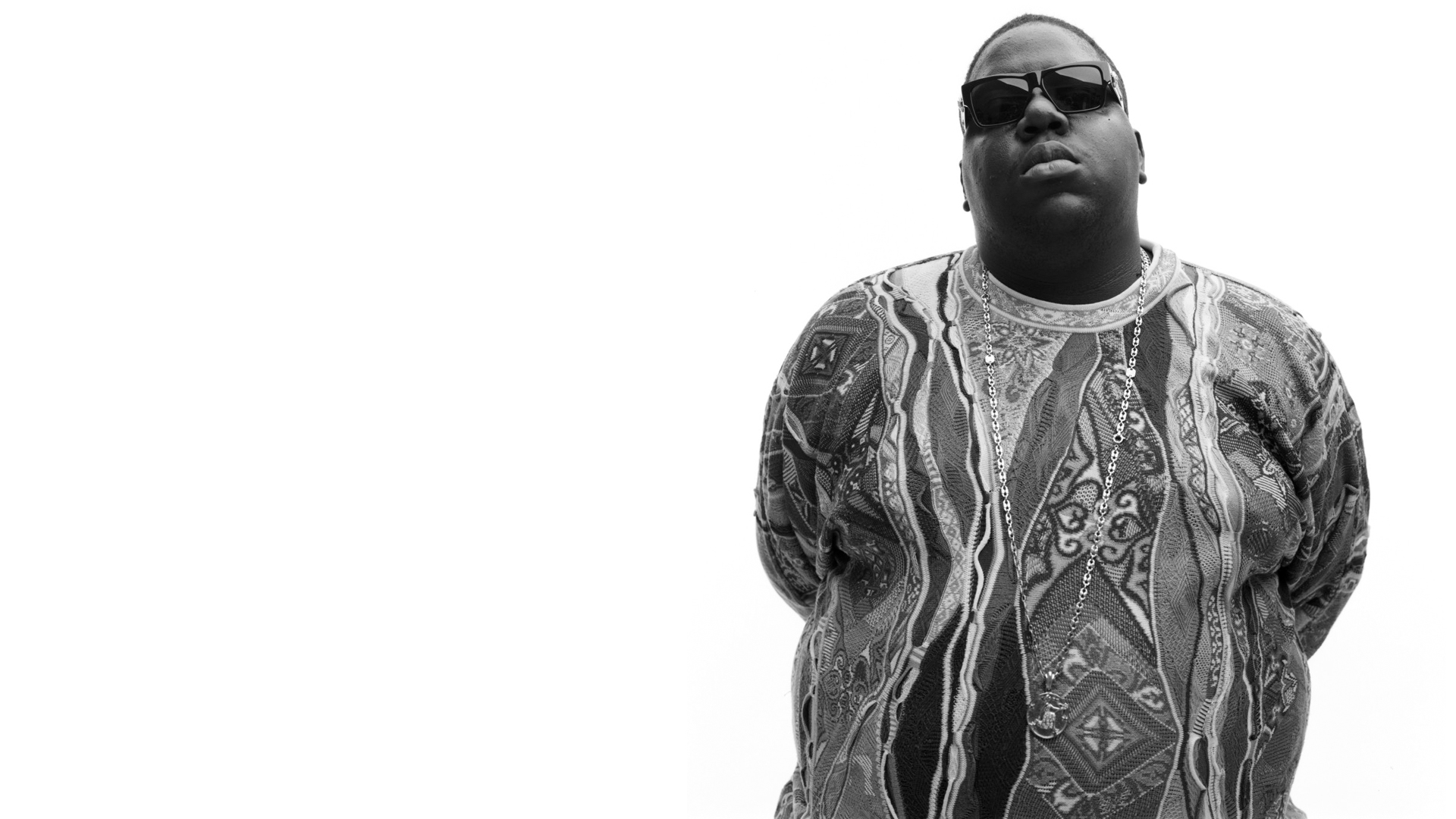
Christopher Wallace was the reason I wanted to be a rapper.
On December 26 2008, I was absentmindedly watching late night television with a friend when the trailer for the then-upcoming movie Notorious suddenly caught my attention. “No, No, No, Notorious!” – I watched in awe as a tale of natural talent, unbelievable obstacles, and ultimate success flashed across the screen for two short minutes. The funny thing is that that was a mere glimpse of the film about Biggie’s life; the trailer only scratched the surface of who Biggie was. The next day, I bought a few Biggie Smalls classics on iTunes, and in that moment, I realized his genius. Whether it was the Mafioso arrogance of Ten Crack Commandments, the barrage of prolific rhymes of Everyday Struggle, or the depressed sentiment of Suicidal Thoughts, it all hooked me. And I let it; in no time, I had memorized every line in the Notorious trailer, and played almost exclusively only Biggie on my iPod. Around this time, I became convinced that Biggie was an embodiment of a more sinister New York. His music encapsulated the gritty underworld of the city that he grew up in. It was a window into the New York experience, an experience that he found a way to majestically weave into his music for everyone to listen to again and again and again.
Now, over five years later, I can say with confidence that hip-hop has completely consumed my life. I listen to and am interested in everything about the art form – the classics, the history, the modern era’s promising stars. As I look back on how I embraced a musical genre to its fullest, all signs still point to Biggie. He was the king and messiah of hip-hop. As the first rapper that I studied, Biggie was such a good introduction into the world of hip-hop that has come to define me. Everything in hip-hop history led to the emergence and rise of Biggie Smalls. If there were a Hip-Hop history bible, Biggie and Tupac Shakur would be Jesus, because everything seems to follow in their footsteps. Now that they are gone, every hip-hop album you see is ultimately compared to them. Like Christ, Biggie and “2Pac” were around for only a short period of time, but in that short period they ruled like true kings.
Black people, white people, Latino people, Asian people, straight people, gay people, people from totally different walks of life praise Biggie’s poetic brilliance and feel his music. He’s the kind of rapper that demands your attention when he starts rhyming because his imagery and cadence is untouchable. As we approach March 9th, the 17th anniversary of the night Biggie was murdered, one of the most tragic events in hip-hop history, it seems fitting to remember Biggie’s enduring legacy.
I’ve realized over the years, after listening to all his albums, all his freestyles, and watching countless interviews and documentaries, that Biggie Smalls is to hip-hop as Kurt Cobain or Jimi Hendrix were to grunge and psychedelic rock. That might be hard for some people to understand, but for me, it makes total sense. Like those two men, Biggie died young, but in his short 24 years of life, he innovated, inspired, and made history. Biggie is the measuring stick in many ways for all the aspiring lyricists that came after him. He revitalized rap, and utilized so many different techniques in his rapping style to accomplish this. Biggie could rap slow, he could rap fast, he could hang on words, he could play on words, he could tell stories, he could make you laugh, he could make you scared, he could do it all because he was the master of manipulating the listener through the coded language of rhyme. Biggie will always be considered one of the greats, and was a huge inspiration for me, as well as to rappers all over the country, from Kendrick Lamar to Eminem to Jay Z. Like me, they were all moved by his words, and recognize that a legacy like Biggie’s will never die.






